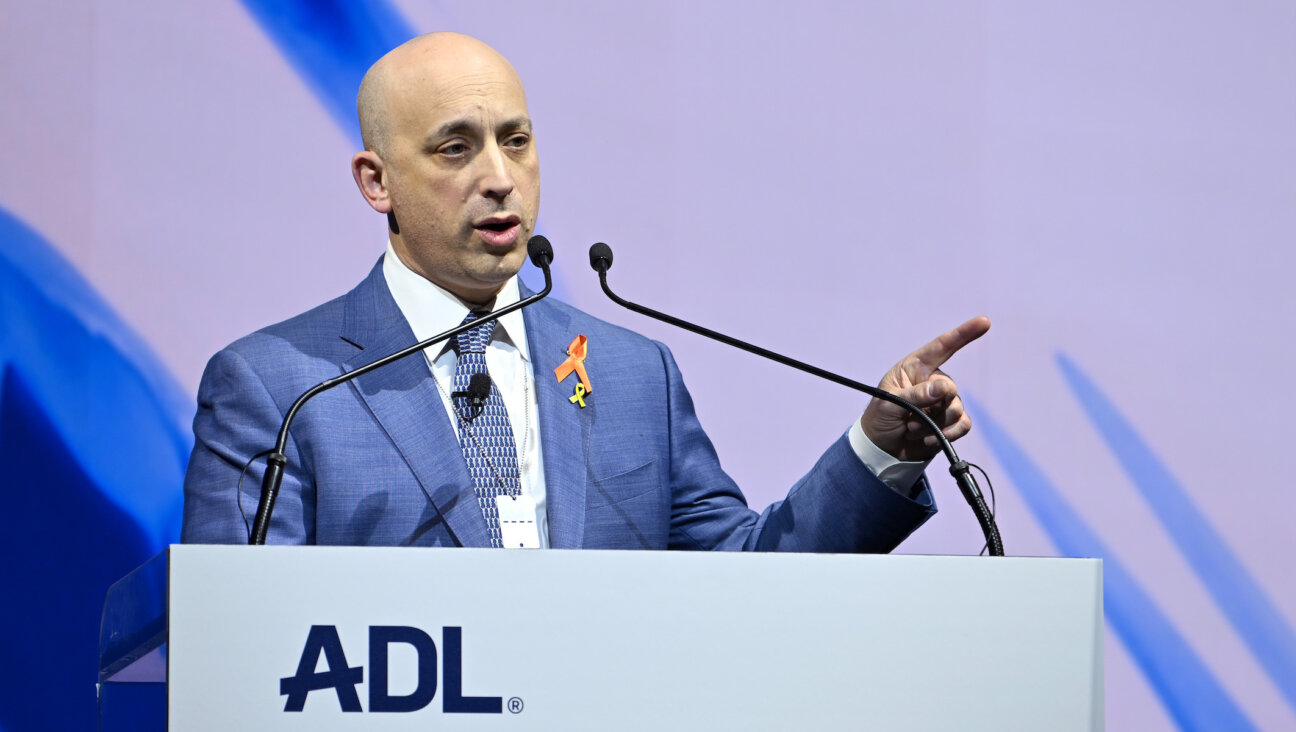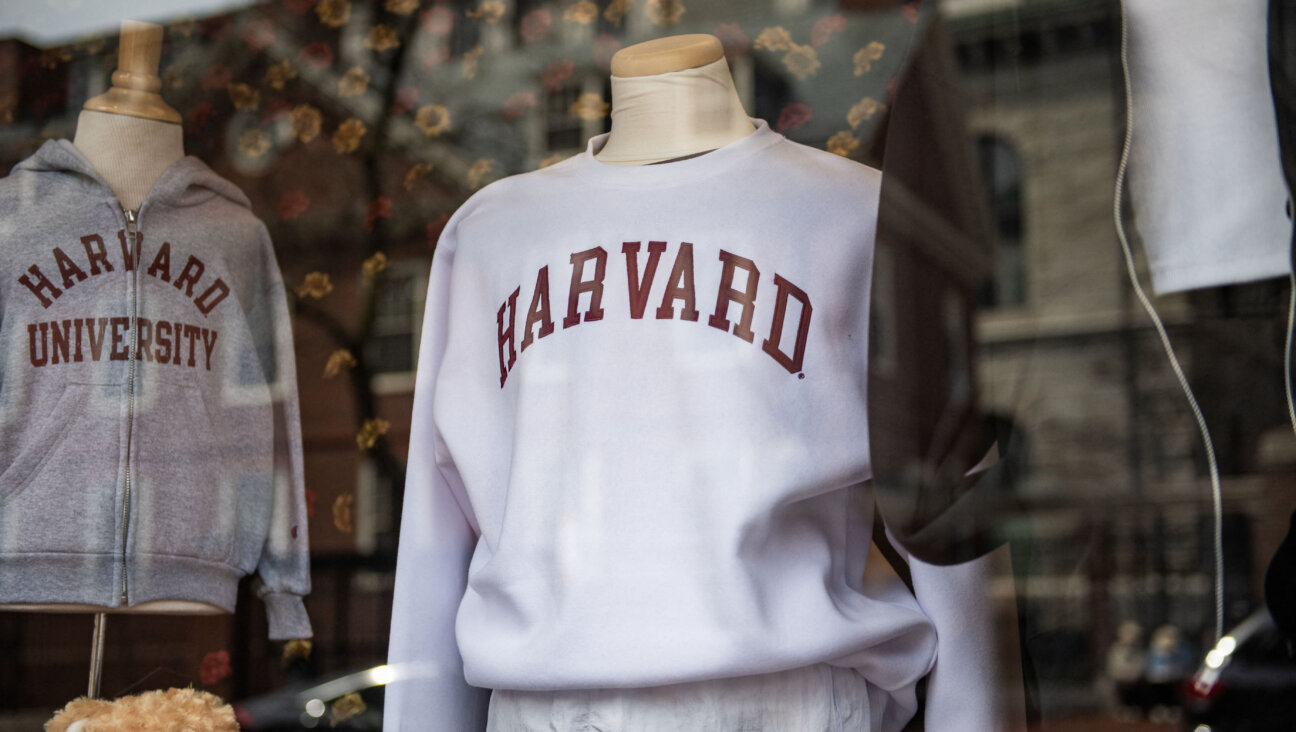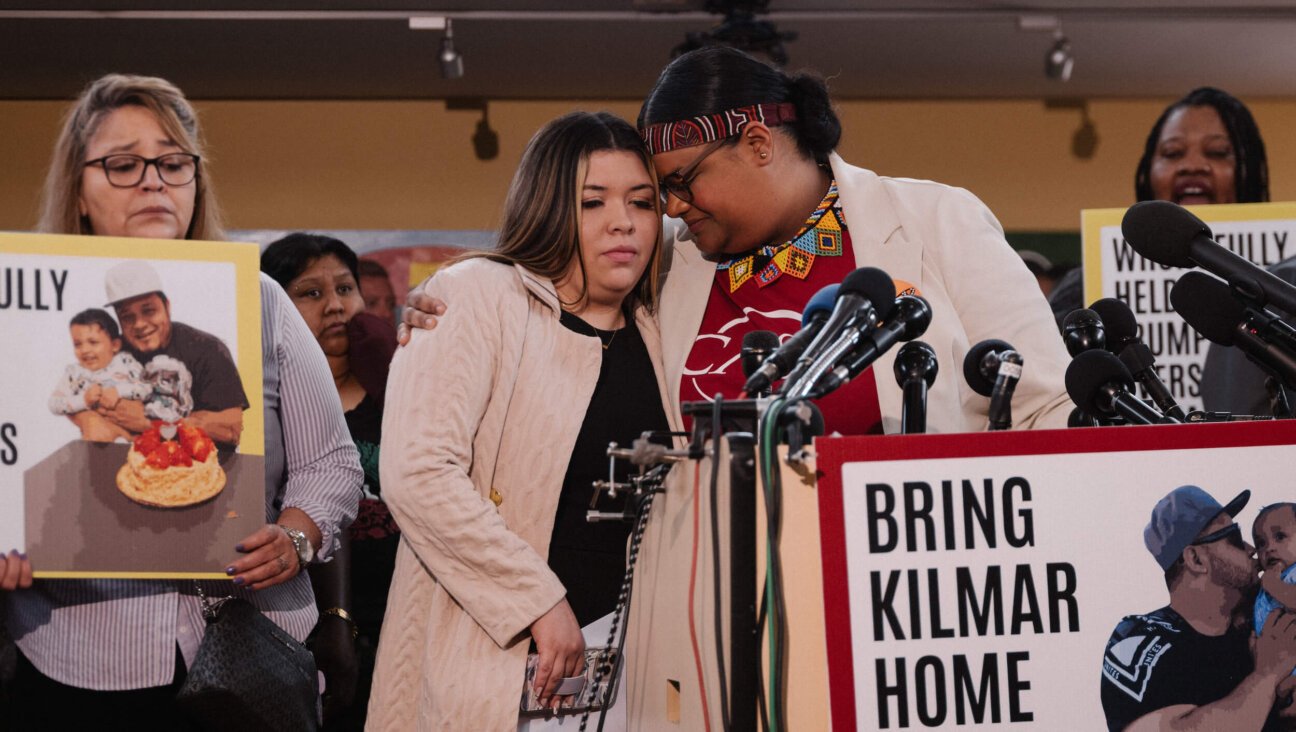The Fallacy of Biological Judaism
Observant Jews of centuries past understood that while being born a Jew was precious and important to one’s Jewishness, it was not necessary and certainly not sufficient for a full Jewish life. The central ideas and actions of a Jew have always had to be taught and learned, never inherited. Nevertheless, until recently many reasonable people could still make the argument, in the absence of evidence to the contrary, that since Jews accept the covenants made with Abraham, Isaac and Jacob, the genomes of Jews must somehow be different from the genomes of all other people, containing unique versions of many genes — that is, that Jews are a biological family.
Until recent advances in DNA diagnosis allowed the question of Jewish genealogy to be asked directly, we based our claim to common ancestry on common laws, habits, language, texts and historical memories. Genes of Askenazi Jews are interesting to medical science, because Jews from Ashkenaz — an area that covered much of Central and Eastern Europe — descend from a rather small number of families who survived the pogroms of the mid-1600s.
Unlike asking “Are Jews a family?”, as historians have traditionally done, geneticists seeking to advise Ashkenazic families are also, in passing, asking, “Do Jews all share the same versions of one or more genes?” — a question with a testable, precise answer. As no two people except pairs of identical twins have exactly the same version of the human genomic text, this claim could be confirmed or rejected by a search for versions of the human genome shared by all Jews and no other people.
Given the historical context of the Nazi “experiment,” it is all the more remarkable that Jews all over the world have been flocking to the new technology of DNA-based diagnosis, eager to lend their individual genomes — each a surviving data point from the terrible experiment in negative selection — to a revisiting of this issue of biological Judaism.
At a recent meeting of the Association of Orthodox Jewish scientists and the Columbia Center for the Study of Science and Religion, it became clear that Jewish curiosity has provided sufficient genetic material to give a perfectly clear negative answer: There is no support in the genomes of today’s Jews for the calumnious and calamitous model of biological Judaism. Though there are many deleterious versions of genes shared within the Ashkenazic community, there are no DNA sequences common to all Jews and absent from all non-Jews. There is nothing in the human genome that makes or diagnoses a person as a Jew.
People — our species — are one family in precisely the same way that Jews are not. The story of Ashkenazic inherited diseases should make us all sensitive to the larger issues of inherited disease, and of genetic difference. But beyond the obligation this story tells us all to undertake — to accept the evidence and give up vain hopes of any religious birthright in our genes — is an even larger moral duty.
The moral context that gives meaning to science through medicine requires the attention of both science and medicine to a person in all his or her complexity and variability. The linkage of scientific medicine to religious history rather than to religious values may be more interesting in scientific terms, but it is fatally dangerous in medical terms.
Perhaps the best way to see the difference is to understand that though in social terms people tend to aggregate into groups of majority and minority populations — often separated by religion — by the data of our genomes we are all members of genetic minorities that range in size for the millions of a founder population, to the dozens of an immediate family, to the irreducible minority of one that is at the heart and soul of medicine. It would do us well to acknowledge that nothing in the legacy of human DNA blocks the choice to value the differences among us over the resemblance any of us might have to our idea of an ideal person.
By each of us exerting our free will to decide whether it is wise for us to know more or to know less about our own DNA at any given moment, the scientific data of DNA-based medicine may be returned to a proper medical context. In light of the DNA evidence we already have, this means stretching the definition of normal variation to include the greatest possible diversity of inherited appearances and behaviors. Our obligation here is as clear in its own way as the countervailing trend is in current medical science.
We know from a century-and-a-half of research in ecology and evolution that as a species our future lies not in minimizing our differences, but in cherishing them. We know as well from millennia of religious insight that there is no possible way to justify any ranking of one person over another on grounds of any aspect of their physical being. From those two insights we have the chance of working toward a properly informed medicine, capable of using any and all insights from science in a context derived from the insights of many religions, and thereby capable of reducing all data to one purpose: to help people in need, one person at a time.
Robert Pollack is a professor of biological sciences and director of the Center for the Study of Science and Religion at Columbia University. He is the author of, most recently, “The Faith of Biology and the Biology of Faith” (Columbia University Press, 2000).
The Forward is free to read, but it isn’t free to produce

I hope you appreciated this article. Before you go, I’d like to ask you to please support the Forward.
Now more than ever, American Jews need independent news they can trust, with reporting driven by truth, not ideology. We serve you, not any ideological agenda.
At a time when other newsrooms are closing or cutting back, the Forward has removed its paywall and invested additional resources to report on the ground from Israel and around the U.S. on the impact of the war, rising antisemitism and polarized discourse.
This is a great time to support independent Jewish journalism you rely on. Make a Passover gift today!
— Rachel Fishman Feddersen, Publisher and CEO
Most Popular
- 1

News Student protesters being deported are not ‘martyrs and heroes,’ says former antisemitism envoy
- 2

Opinion My Jewish moms group ousted me because I work for J Street. Is this what communal life has come to?
- 3

News Who is Alan Garber, the Jewish Harvard president who stood up to Trump over antisemitism?
- 4

Fast Forward Suspected arsonist intended to beat Gov. Josh Shapiro with a sledgehammer, investigators say
In Case You Missed It
-

Culture ‘Shtisel’ star Sasson Gabay is happy to be back playing a complex haredi Orthodox Jew in ‘Kugel’
-

Fast Forward Noa Argamani, ADL’s Jonathan Greenblatt among over a dozen Jews on 2025 TIME 100 list
-

Fast Forward US claims Mohsen Mahdawi’s activism could ‘potentially undermine’ prospect of peace in Gaza
-

Opinion What Jewish university presidents say: Trump is exploiting campus antisemitism, not fighting it
-
Shop the Forward Store
100% of profits support our journalism
Republish This Story
Please read before republishing
We’re happy to make this story available to republish for free, unless it originated with JTA, Haaretz or another publication (as indicated on the article) and as long as you follow our guidelines.
You must comply with the following:
- Credit the Forward
- Retain our pixel
- Preserve our canonical link in Google search
- Add a noindex tag in Google search
See our full guidelines for more information, and this guide for detail about canonical URLs.
To republish, copy the HTML by clicking on the yellow button to the right; it includes our tracking pixel, all paragraph styles and hyperlinks, the author byline and credit to the Forward. It does not include images; to avoid copyright violations, you must add them manually, following our guidelines. Please email us at [email protected], subject line “republish,” with any questions or to let us know what stories you’re picking up.












